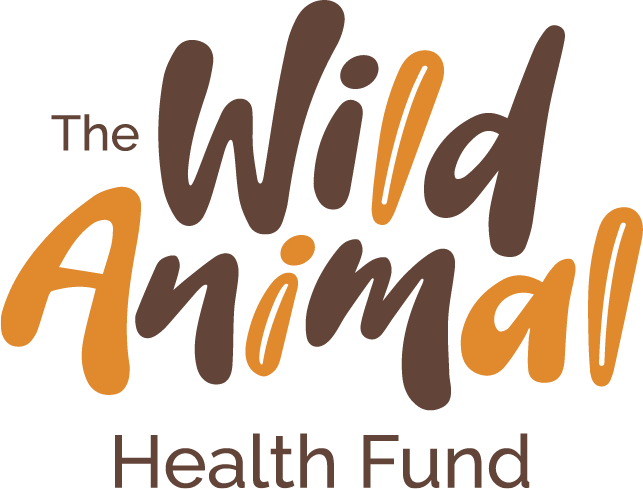What Does Endangered Mean?
If an animal has reached endangered status on the IUCN Red List, that means that their natural populations have dropped so significantly that the species populations may not be able to grow quicker than they decline. Animals in danger of being extinct will affect all populations, including humans.

Animals are becoming endangered due to:
- habitat loss
- habitat changes
- hunting & poaching
- pollution
- competition with non native species which can lead to what WE feel is the most important-
- the spread of disease
Many times, diseases are introduced to wildlife when humans and domestic animals (dogs, cats, etc.) are forced to live closer than they should to wildlife. When non native species begin creeping into wildlife habitats, they often bring new diseases that the local wildlife is not immune to.

Outbreaks of disease can cripple the wildlife’s immune system, causing the species to become endangered. Diseases like elephant endotheliotropic virus (EEHV), TB, and even various strains of influenza can be detrimental to a species as they are all highly contagious and could affect all animals around them, not just their own species. Too often, the mortality rate is higher than the survival rate because treatment does not occur or is too late.
The Wild Animal Health Fund is helping the zoo and wildlife veterinarians and experts diagnose, treat and prevent diseases in all the species of our world by providing financial support. We cannot do it alone. In order to help the experts help the animals, we need YOUR help, too.
Want more? Here are 10 ways you can help endangered animals!
